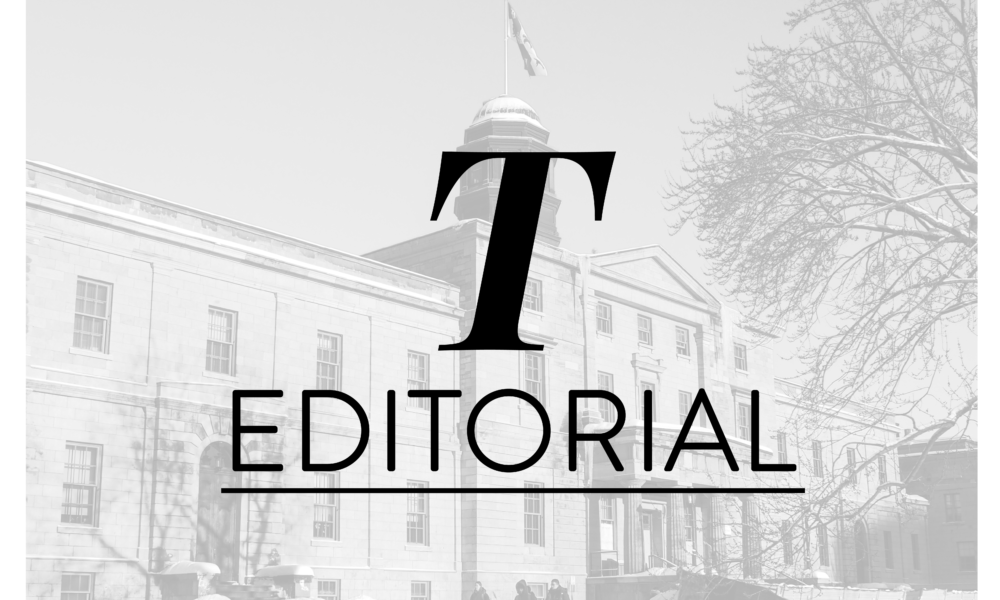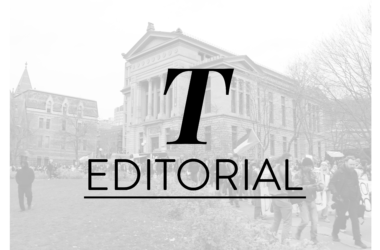Following Prime Minister Justin Trudeau‘s resignation announcement last month, he leaves behind a 10-year-long legacy of landmark initiatives founded in his majority Liberal government, including the establishment of the Parliamentary Black Caucus (PBC) and the Liberal Black Caucus (LBC). The past decade has been shaped by both progress and challenges for Black communities in Canada, and now, with an election looming, the future of Black political leadership faces a critical juncture. This transformation could redirect the momentum, stability, and visibility of Black political representation—and therefore of justice—for Canada’s Black communities.
Though symbolically monumental for the support and endorsement of Black politicians, the PBC and LBC have struggled to concretely establish themselves in public discourse, lacking a firm foundation from which to demand actionable steps towards Black representation and addressing anti-Black racism. PBC is notably absent from social media, and LBC has only a small following. Neither group has made a major public statement since that of the PBC in 2020, when the caucus commented on the growing Black Lives Matter movement. Of the 40 actionable steps laid out in this public statement—which included disaggregated data collection, financial assistance for Black businesses, and the implementation of a Black justice policy strategy—only 24 have been addressed. However, the majority of these actions are merely proposed bills or, for those that have been passed, are still in the budgeting phase.
Gaining respect and consideration as a Black politician means riding a fine line between palatability and protest. For example, in October 2023, the Ontario New Democratic Party expelled Sara Jama from its caucus after she expressed support for Palestine. When faced with such severe scrutiny and backlash, racialized politicians often face the difficult task of balancing political survival with staying true to the communities they represent. Efforts to appear more acceptable within the political system may be strategically effective, but they pose the risk of Black politicians being perceived as allegiant to a system that has long oppressed and marginalized Black communities.
However, it is Black political representation—especially the inclusion of Black women—which has fueled some of the most crucial advances in anti-racism in Canada. In February of last year, a group of Quebecois Black political leaders established Montreal’s first Black women’s caucus—a vital step in platforming the uniquely marginalized voices of Black women in government. Solidifying and upholding this Black representation, however, requires consistent investment in financial resources, mentorship, media coverage, and institutional support in every echelon of Canadian society—from elementary school classrooms, to university hiring practices and academic Black studies programs, to political internship opportunities, to the highest levels of government.
As Conservative party leader Pierre Poilievre—a candidate explicitly opposed to Diversity, Equity, and Inclusion (DEI) initiatives—leads in the polls for the October federal election, it is ever more important that the foundations of Black political representation and funding for DEI initiatives under the Trudeau government are not abandoned, but rather reinvigorated. But the effort to maintain this energy cannot fall solely on the shoulders of Canada’s Black communities. When they bear the full weight of this effort, non-Black people evade accountability for their own role in a racist system, and the contributions of Black politicians’ are often reduced to their racial identity, dismissing their expertise beyond racial issues.
Politicians must prioritize policy changes that address racially oppressive legislation over glamorous self-centred political action, while the broader government’s data collection must be disaggregated to make visible the violence and marginalization faced by Canada’s Black and racialized communities.
In a moment when Black political representation is already limited, the most important commitment is that of sustained mobilization against anti-Black racism and the barriers to representation. When so many forces are pushing against this movement, students must look to the past to remind themselves that collective conviction has the power to reverse even the most disheartening tides. As students whose activism has achieved revolutionary change in the past, McGillians must harness the malleability of this moment as a window for monumental progress garnered through persistent education, protest, and confrontations both small and large. Expanding and strengthening Black political representation is the only means by which Canada can fight the tide of racism, white supremacy, and Black erasure propagated by an already white-dominated political system.





